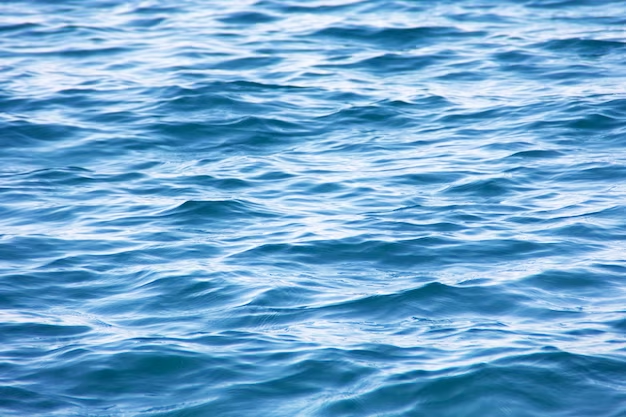
Ocean:-Ftawfrnks4= Water
The significance of Ocean:-Ftawfrnks4= Water extends beyond its physical properties; it is a cornerstone of marine ecosystems that sustain an array of life forms. Comprising a delicate balance of salts and nutrients, its composition directly influences biodiversity and ecological interactions. Yet, the looming threats posed by climate change, such as ocean acidification and temperature fluctuations, raise urgent questions about the future of these ecosystems. As we consider the implications of these changes, it becomes increasingly critical to explore strategies for safeguarding ocean water quality and the intricate web of life it supports. What measures can truly make a difference?
Importance of Ocean Ecosystems
Ocean ecosystems play a crucial role in regulating the Earth’s climate, supporting biodiversity, and providing essential resources for human survival and economic development.
These ecosystems offer vital ocean services, including carbon sequestration and nutrient cycling, which mitigate climate change.
Additionally, they hold significant cultural importance, shaping identities, traditions, and livelihoods, thus underlining the interconnectedness of human societies and marine environments.
Read Also: Now:Befkc4ue56q= Madonna
Composition of Seawater
Seawater’s composition is primarily characterized by its intricate mixture of salts, organic matter, gases, and trace elements, which collectively influence marine life and biogeochemical processes.
Salinity levels, typically around 35 parts per thousand, play a crucial role in nutrient cycling, affecting the distribution of marine organisms and the overall health of ocean ecosystems.
This delicate balance underscores the ocean’s dynamic nature.

Climate Change Impacts of Ocean:-Ftawfrnks4= Water
Experiencing significant alterations due to climate change, marine ecosystems are facing a multitude of challenges, including rising temperatures, shifting ocean currents, and increasing acidification, all of which threaten biodiversity and disrupt established ecological balances.
Ocean acidification, a direct consequence of heightened CO2 levels, exacerbates these issues, impacting calcifying organisms and altering food webs, ultimately compromising the health and stability of marine environments.
Read Also: Noob:U92gjhlwyzg= Roblox
Marine Biodiversity and Conservation
Marine biodiversity is essential for the resilience and functionality of ecosystems, yet it is increasingly threatened by anthropogenic activities and climate-induced changes.
Coral reefs and diverse marine habitats face degradation from ocean pollution and overfishing, leading to endangered species.
Effective fisheries management and sustainable practices are critical to conserving these vital ecosystems, fostering balance, and ensuring that future generations can enjoy the ocean’s rich resources.
Conclusion
The intricate tapestry of Ocean:-Ftawfrnks4= Water ecosystems, woven from the vibrant threads of diverse life forms and the unique composition of seawater, faces unprecedented threats from climate change.
Rising temperatures and acidification, like a dark tide, erode the delicate balance of these habitats, endangering biodiversity.
To safeguard the future of marine environments, concerted efforts must be made to enhance ocean water quality and embrace sustainable practices, ensuring that the rich symphony of life beneath the waves continues to thrive for generations to come.




